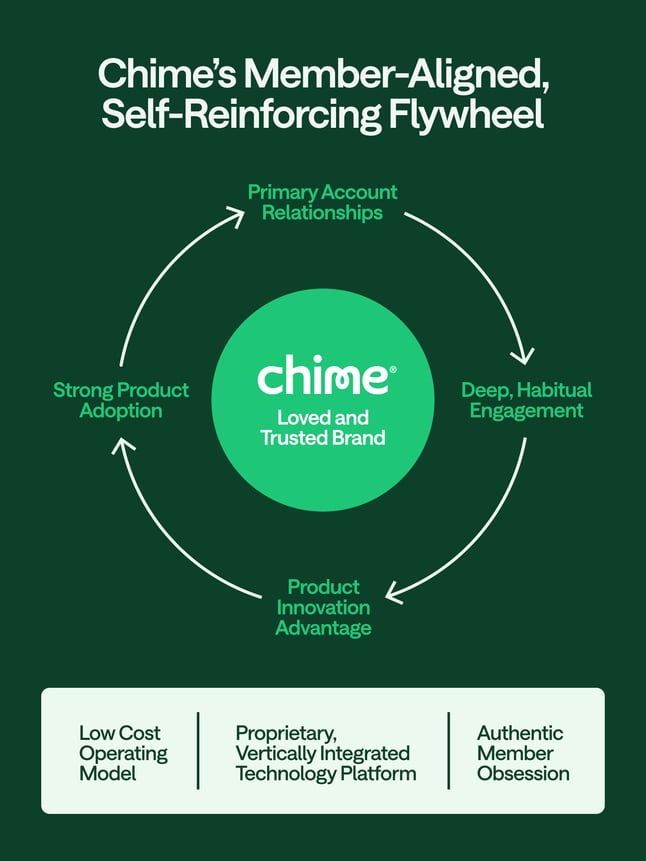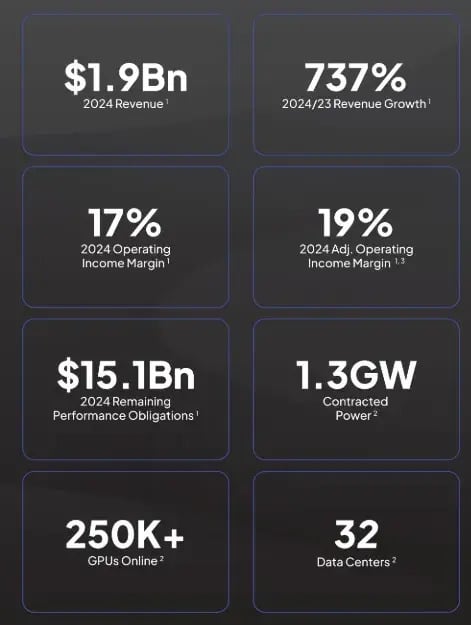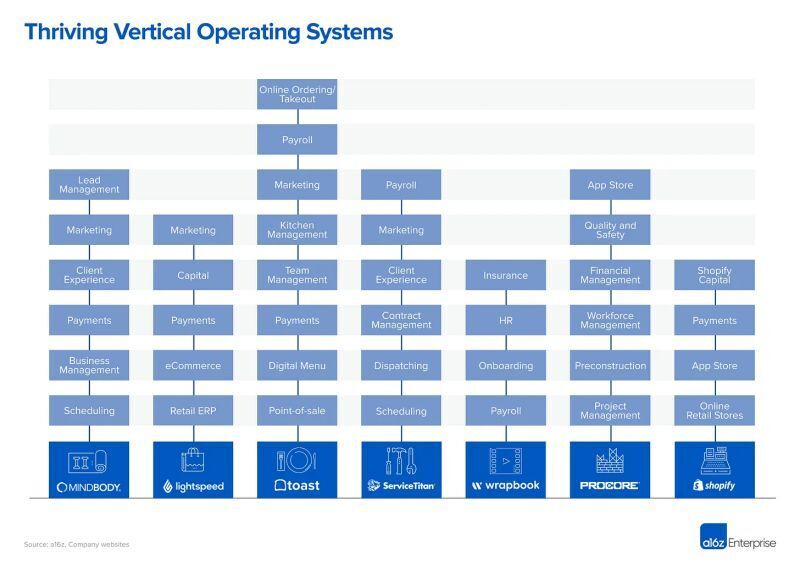We recently crossed a community milestone I didn’t think was possible.
October 31, 2021: 189 subscribers
October 31, 2022: 10,133 subscribers
That’s some spooky growth.
My goal for 2022 was 1,000 subscribers. We blew that out of the water, and more importantly, I’ve met some incredible people. Mostly metrics has been an accelerant for my career, professional network, and friendships. It’s also, in many ways, my personal case study for some of the topics we discuss, which brings us to today’s post on Exponential Growth.
In 1859, an English farmer named Thomas Austin brought 24 rabbits with him to his new home in Australia. They really liked the land down under under. Six years later, there were 22 million rabbits all across the continent.
In mathematical terms, exponential growth is when the speed of growth is proportional to the population’s size. In plain English, exponential growth means you grow faster as you get bigger.
And the laws of math say this should become increasingly harder to do, since you are constantly growing a larger and larger base.
When you see something that is accelerating with size, that’s scary - scary valuable (like active users on your network) or scary horrific (like COVID).
Exponential growth feels like you’re going down a hill, and the hill is getting steeper, and your speed is getting faster. Exponential growth is a runaway train (or toboggan, in this example).
Here’s an exponential growth puzzle for you, which came from my friend Austin, the king of exponential thinking:
Lilly pads are growing on a pond. In fact, they are overgrowing, doubling the surface area they cover each day.
Question: If you know it takes 14 days to cover the whole pond, how long does it take to cover half the pond?
(eating up space
so you don’t see the answer
right away
and need to scrollllll)
Answer: 13 days… Holy shit!
Don’t believe me? Check it out below.
There’s a handful of companies in recent memory who made headlines with their jaw-dropping, eye-popping, exponential growth. And while growth isn’t a single magic bullet, each company did have an elixir of sort, a growth hack, or a generational opportunity to capitalize on.
Examples of companies that rode the wave well:
Paypal: The company’s referral program is a legendary growth hack that catapulted their user base to over 100 million users, at a cost of $20 per member. A bold and purposeful move, they experienced 7 to 10% ***daily*** growth by giving away $10 to each referring user and $10 to each new user.
Deel: Fueled by a pandemic-driven shift to distributed work, Deel experienced unprecedented growth: the company went from $4M in ARR to $100M in a year. Deel helps companies hire people all over the world without jumping through the hoops of setting up a legal entity and decoding local labor laws.
Examples of companies that got swamped:
Clubhouse: The app saw a sudden rise when VCs and business luminaries played into COVID FOMO, allowing people cooped in their homes to listen to live audio jam sessions. But, per reports, Clubhouse saw a 70% decrease in their average monthly users. According to some surveys, this downfall is the result of people returning to the somewhat ‘new’ normal life and multiple copy-cats, like Twitter Spaces.
Bird Scooters: Micro mobility was hot for a minute. Then…
People stopped commuting due to COVID
Tens of other well funded companies copied the model, including Uber (turns out there’s not a very deep competitive moat when it comes to battery powered scooters)
Many cities outlawed them all together, with people discarding them on sidewalks and lawns like dirty laundry in a frat house
What I know about exponential growth is that if you want it, you have to lean in and fucking go for it. Exponential growth is not one for half measures. It’s hard enough to run a company; it’s even harder to scale people and processes at an accelerating rate. Think about it:
How many “bad” hires did your company make this year?
How many software tools did you implement that you aren’t fully realizing value from yet?
How far off was your OPEX budget to actuals?
Now take whatever those gaps were and multiply them by a rate of growth that’s accelerating.
I worked at a hyper-growth company for three years, and we basically had to re-write our annual operating plan on a quarterly basis. I remember there was a five quarter stretch where each successive quarter experienced faster growth than the last. It was teeth chattering fast.
I’ve always said that forecasting anything that’s growing more than 100% year over year is really, really hard. Now, am I bias because I’m usually the one making the forecast - absolutely. But you get in the shark infested water and give it a whirl.
So, inspired by a previous Mostly metrics post - What Product Market Fit Feels Like - let’s grab some popcorn and experience all the exponential growth feels.
1. Your servers are keeping up with traffi-xdfkjk - CRASH!
2. That “expert” you hired doesn’t work out
3. You’re making money so quickly that you can’t figure out how to reinvest it back into the biz fast enough
4. You need to recruit and hire BDRs as fast as possible
5. You set the plan way too low, reps crush their quota, and the CFO begrudgingly pays out an exorbitant rate
6. You need to promote young talent into the starting line up
7. The shots you take are increasingly aggressive, but keep going in
8. You have to hold on for dear life
9. You align with partners who sling shot you forward
10. You’re forced to get up on stage, before you’re ready, and play new songs
Smart stuff I read at 2AM:
What exponential growth really looks like - Amplitude
Covid exponential growth - CEBM
Paypal growth hack - Jotform
Deel’s journey to $100M ARR - Inc.
Clubhouse’s downfall - Startup Talky
What I’ve Been Reading
I’ve been increasingly fascinated by the concept of holdco’s - investment structures that buy existing small and medium sized businesses (with attractive margin profiles), enable them for future success, and hold them forever.
This led me to Enduring Ventures and Sieva Kozinsky. A few blurbs from the Enduring Ventures website that caught my eye:
We have MBAs, but we didn’t learn business from a textbook.
We are looking for small and medium businesses with exceptionally big moats.
The more specific your niche, the more excited we are.
Whoa, that’s pretty cool. Sieva writes The Business Academy newsletter. Each week you’ll get his curated tweets, biz concepts, and investment ideas.
Quote I’ve Been Pondering
“Compound interest is the eighth wonder of the world. He who understands it, earns it … he who doesn't … pays it.”
-Albert Einstein







